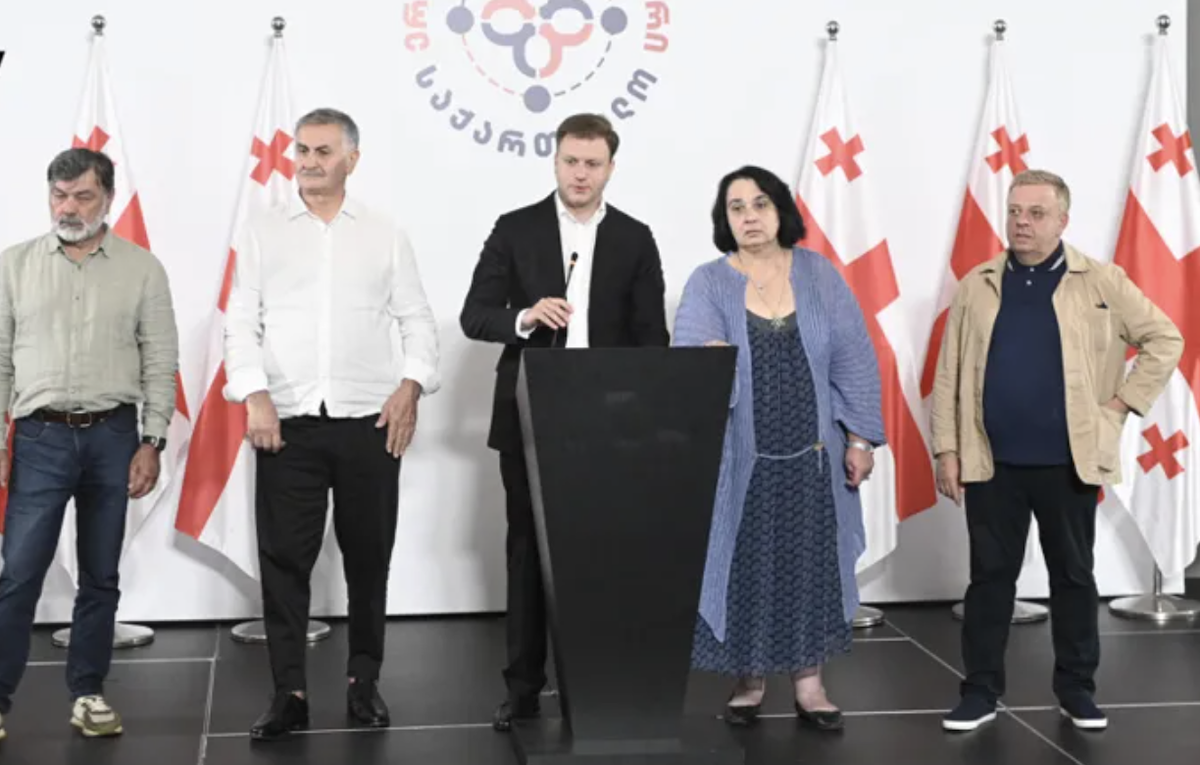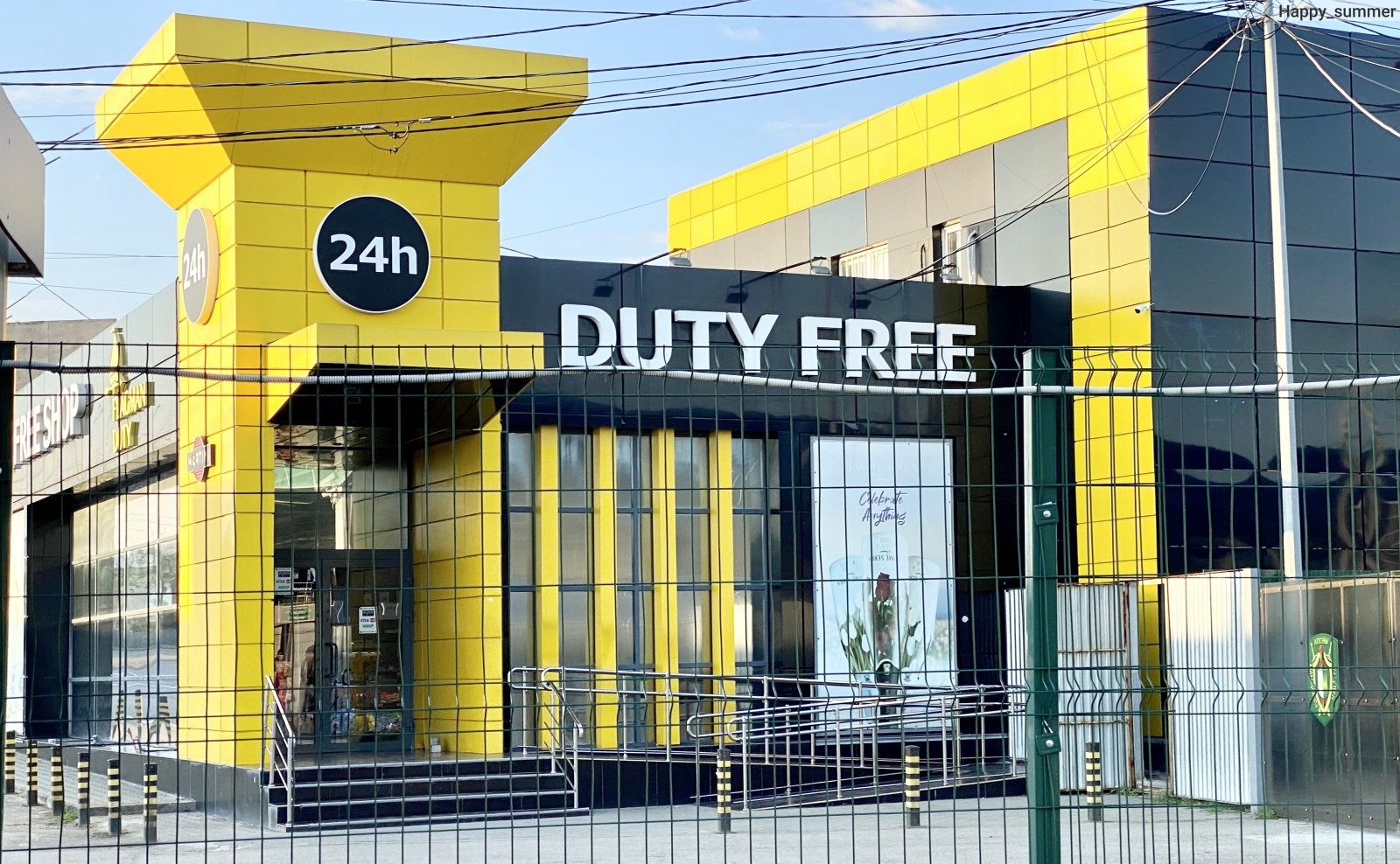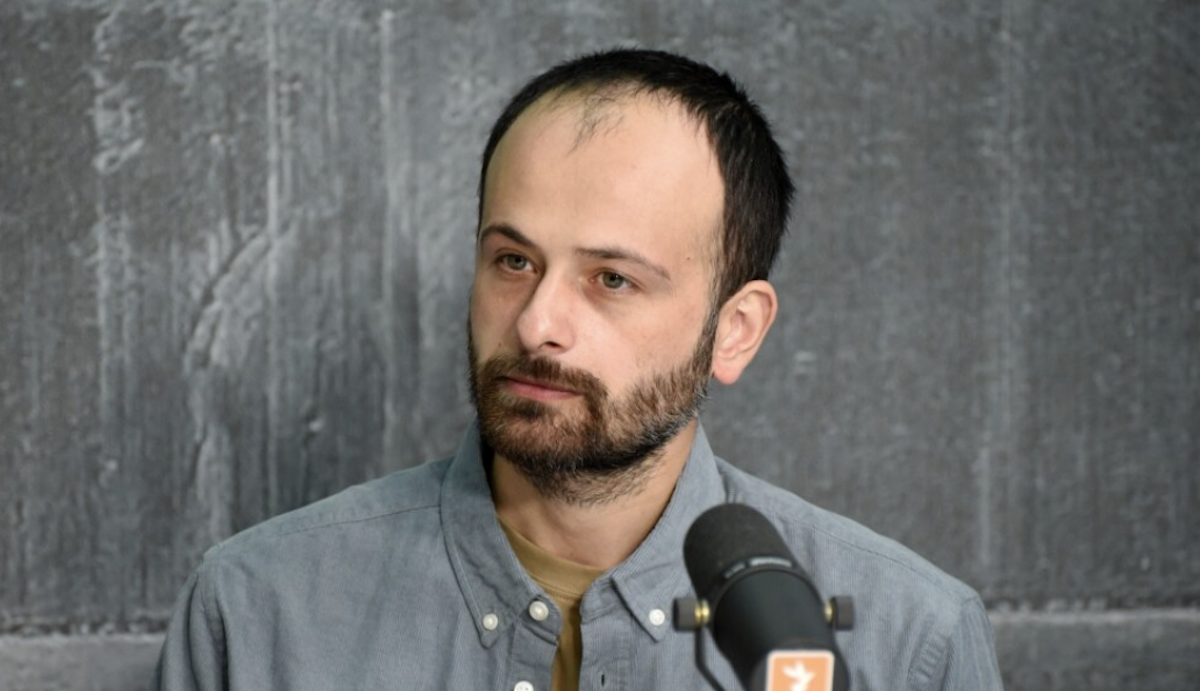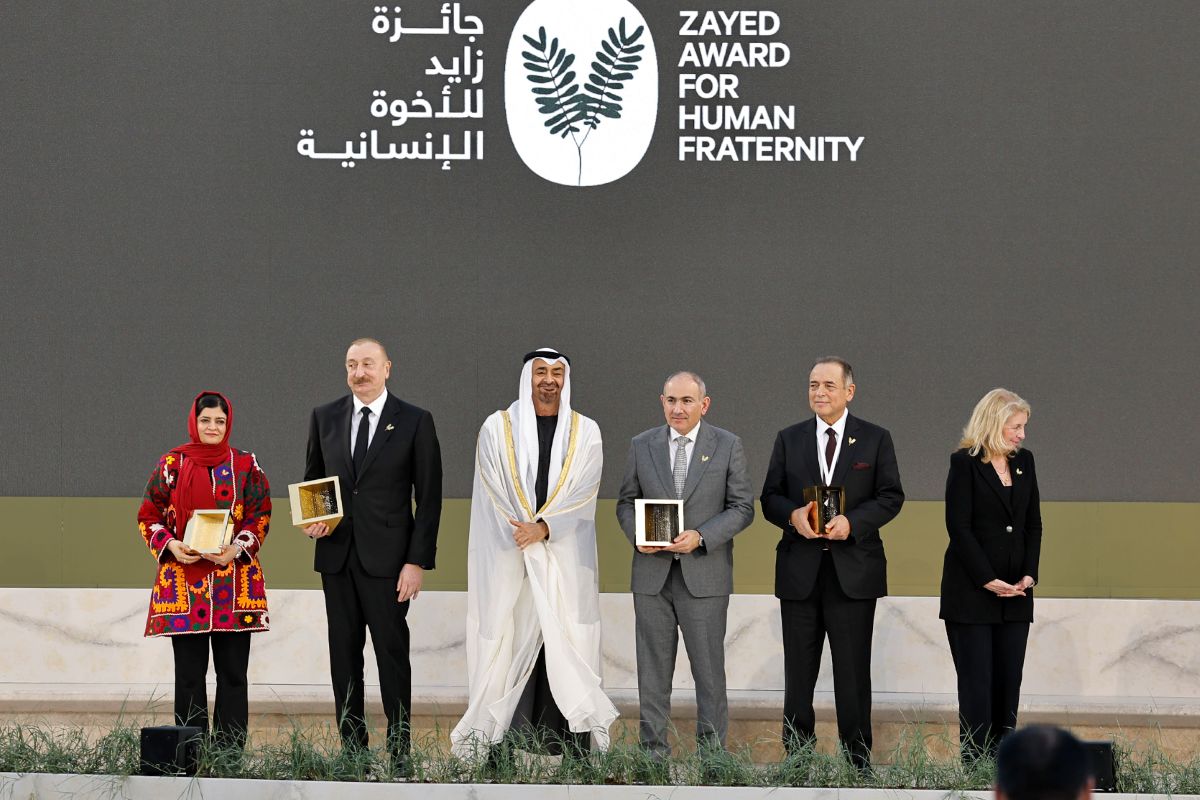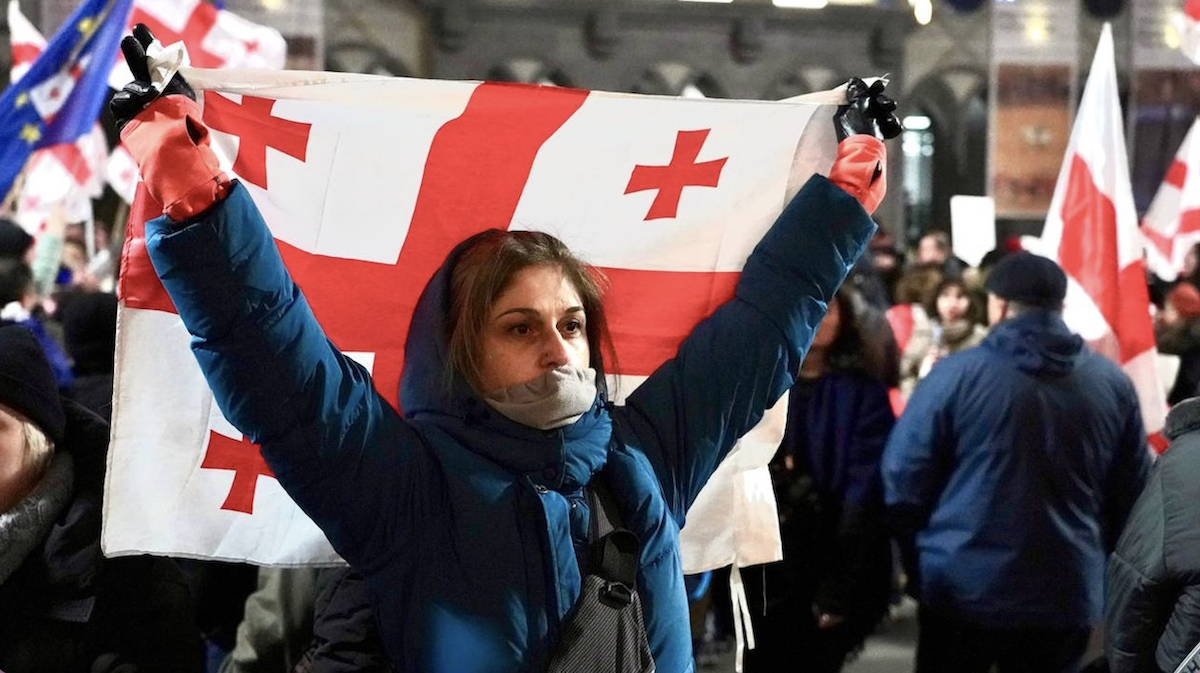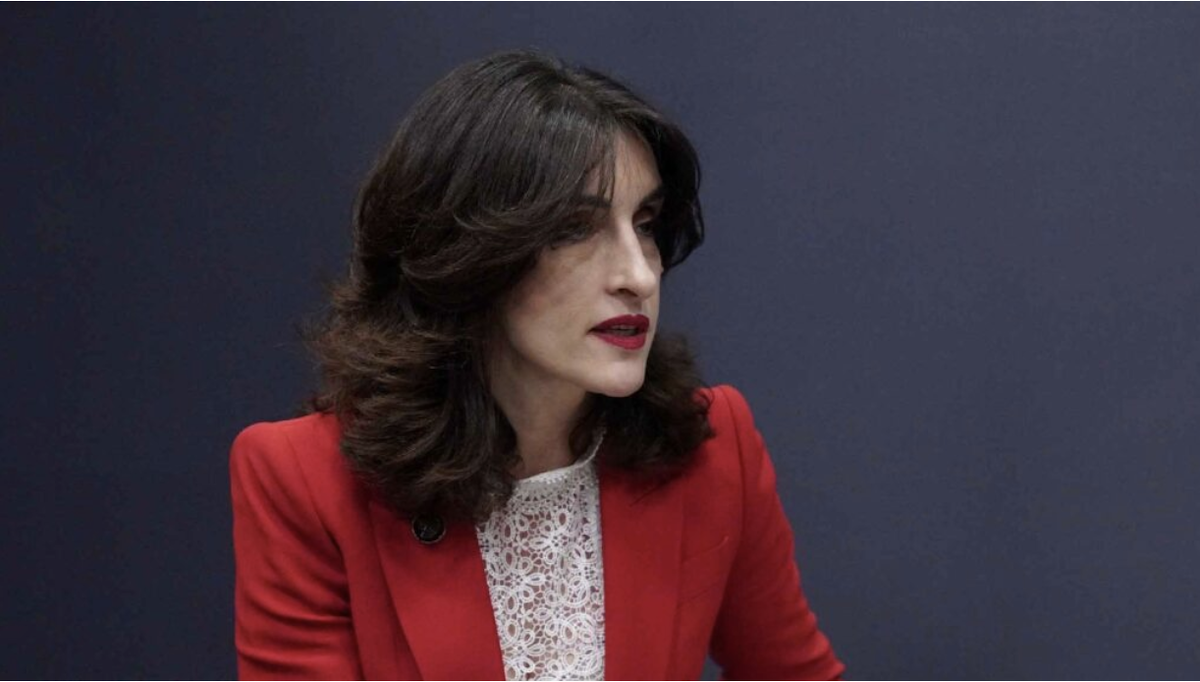How Azovstal defenders and other war prisoners will be judged on both sides of Russian-Ukrainian war
How will captured Ukrainian and Russian soldiers be tried
At the end of May, several sentences were delivered in Ukraine to Russian soldiers for war crimes committed on Ukrainian territory. Thus, 21-year-old Vadim Shishimarin, who was accused of killing an unarmed resident of the Sumy region, was sentenced to life imprisonment. Prison terms of 14 and 15 years were given to prisoners of war from the Crimea, who joined Russia in 2014 and were captured by Ukrainians during the ongoing war.
They were convicted of treason and desertion. Two more Russian prisoners of war were sentenced to eleven and a half years in prison for “violating the laws and customs of war.” At the same time, in Russia and on the territory of the self-proclaimed and recognized only by Russia “DNR” and “LNR”, speculation continues in relation to captured soldiers from the Azovstal plant in Mariupol. Immediately after their capture, information appeared in the Russian pro-government media that some of them were placed in the pre-trial detention center of Rostov-on-Don, and some were taken to Taganrog.
It is important to note that keeping prisoners of war in the territories of places of deprivation of liberty is contrary to the provisions of the Geneva Conventions. Later, “officials” of the “DPR” reported that 2,300 prisoners from Azovstal were being held on their territory. We tried to find out what the fate of prisoners of war on both sides could be.
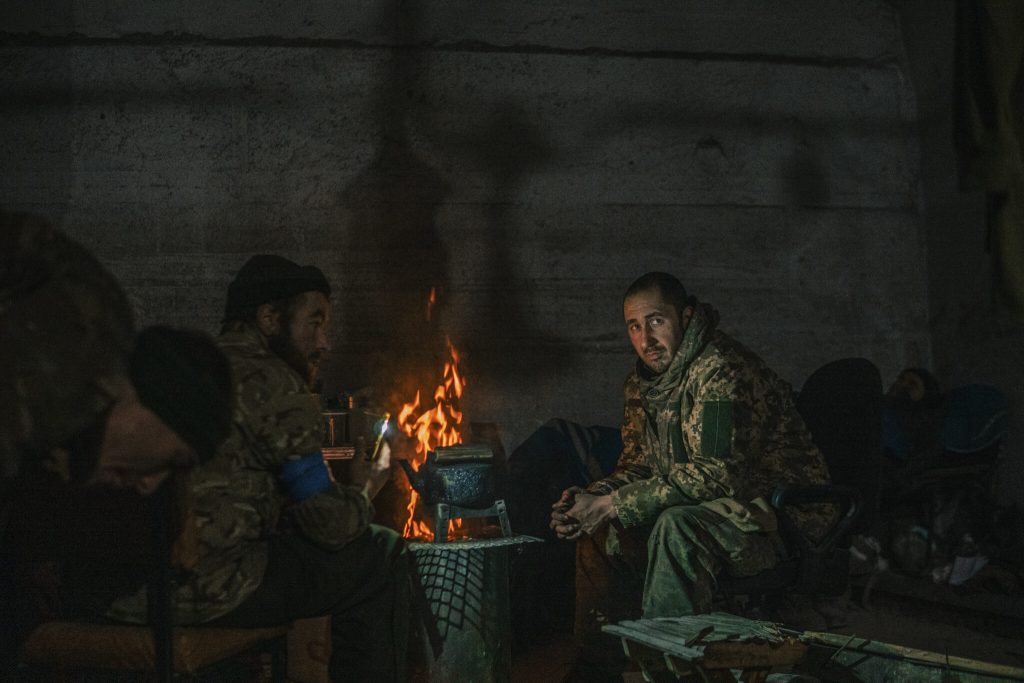
What can countries do?
“The status of prisoners of war is determined by the Geneva Convention on the Treatment of Prisoners of War,” lawyer and writer Alexei Fedyarov told Spectra. “The Geneva Conventions allow participating countries to bring prisoners of war to criminal and disciplinary liability on the basis of a court decision made in full compliance with the laws of their country of residence and while ensuring that prisoners have the right to protection”.
Also, as Aleksey Fedyarov notes, it is forbidden to apply punishment to prisoners of war that is not provided for the military personnel of the country that holds them captive.
That is, the worst thing that can threaten Ukrainian prisoners of war if they are tried on the territory of Russia is life imprisonment. Their fate may be quite different if their trial takes place on the territory of the separatist republics in eastern Ukraine. The head of the “DPR” Denis Pushilin announced the possibility of holding an “international tribunal” over the captured Ukrainians.
Not only has the “DPR” not ratified any of the Geneva Conventions, but, unlike Russia, a moratorium on the death penalty has not been introduced on its territory. Therefore, according to the Minister of Justice of the DPR, the defenders of Azovstal on the territory of the republic may face capital punishment.
Being unrecognized (or after recognition by Russia on February 21, 2022, partially recognized), the “DPR” and “LPR” remain a “grey zone” for international law. “Therefore, the establishment of a tribunal following the example of the Nuremberg Tribunal by these entities from a legal point of view is impossible”, notes Fedyarov.
Despite this, the deputy of the “DPR” Elena Shishkina said that the authorities of the republic are waiting for representatives of other countries to attend the “tribunal”. However, apparently, the only states whose delegations can actually be on trial in the “Donetsk People’s Republic” are Russia, as well as unrecognized Abkhazia and South Ossetia. These are the only countries that have officially recognized the independence of the separatists in eastern Ukraine.
The courts on the territory of Ukraine, in accordance with the norms of the Geneva Conventions, are absolutely legal. The processes organized by Russia on its territory will also be legal.
Who will be responsible?
As mentioned above, according to the laws of the unrecognized republics of the “DPR” and “LPR”, the military of the Azov regiment may face the death penalty. But who, if this decision is made and implemented, will be responsible for it?
If Russia takes part in the tribunal, then all responsibility for its results will fall on it as the only participant in the Geneva Conventions from the Russia-“DPR”-“LPR” trio. However, even if Russia refuses to recognize this lawsuit, it will not be able to escape responsibility. “There is no country called DPR. Russia can recognize it, and Eritrea and South Ossetia can recognize it. But there is no such country.
These people [Ukrainian military] are held captive by Russia from the point of view of international law… Russia is responsible for these people. If it transfers them under the control of some third armed forces, this is a violation”, said lawyer Ilya Novikov on the air of the Popular Politics channel.
It is also worth noting that the Azov fighters, as well as the rest of the soldiers of the armed forces of Ukraine, are subject to all conventions. The same applies to other people who are not part of the regular armed forces, but who participate in armed resistance.
Prisoners of war can include, among others, “personnel of the armed forces of a party to the conflict, as well as personnel of the militias and volunteer detachments that are part of these armed forces”, as well as “personnel of the regular armed forces who consider themselves subordinate to governments or authorities not recognized by the Detaining Power”, Article 4 of the Third Geneva Convention says.
In other words, even if Russia refuses to officially recognize the soldiers of “Azov” or, say, the territorial defense, as part of the Armed Forces of Ukraine, this will not relieve it of the obligation to properly treat them when taken prisoner.
Will there be an exchange of PoWs?
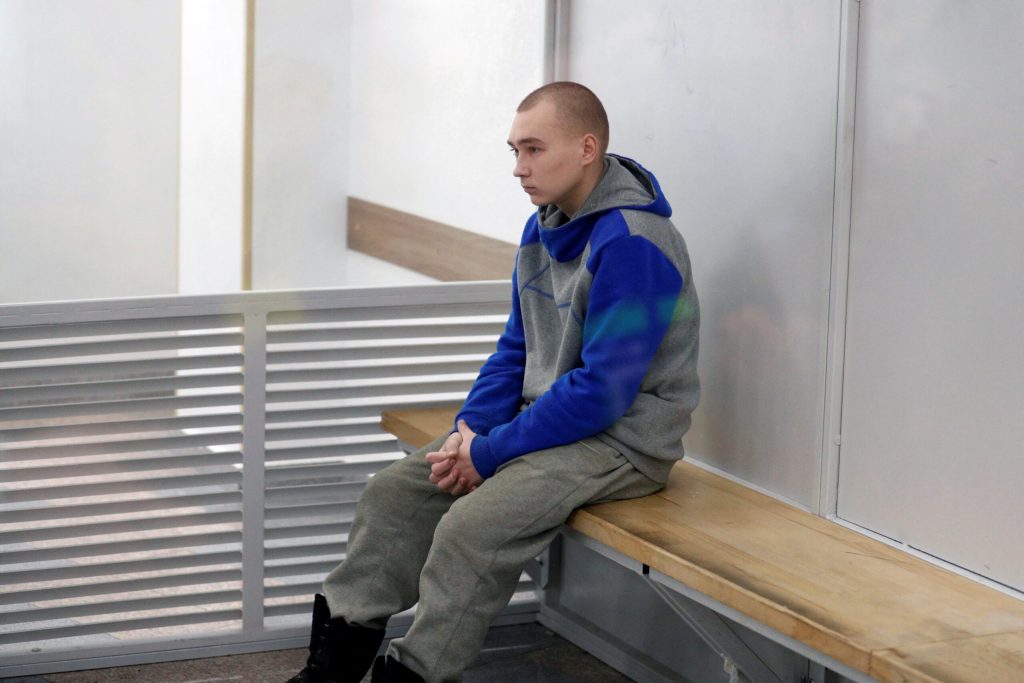
Before the exchange, a convicted prisoner of war must be pardoned by the leadership of the country that condemned him, notes Aleksey Fedyarov. At the same time, in Ukraine, unlike in Russia, the president does not have an absolute right to pardon.
According to him, the possible exchange of the captive Vadim Shishimarin is complicated by the fact that, in accordance with Ukrainian laws, a person sentenced to life imprisonment can be fully amnestied only after 20 years spent behind bars. Before the expiration of this period, the president can only replace a life sentence with 25 years in prison. “The punishment imposed on him [Shishimarin] virtually excludes the possibility of his exchange”, the expert concludes.
At the same time, the exchange of Shishimarin is possible, said Prosecutor General of Ukraine Irina Venediktova. However, Venediktova did not specify how it could be formally implemented.
But there is also a completely different approach. For example, lawyer Ilya Novikov, in a conversation with Spektr, commented on the situation with the captured defenders of Azovstal as follows:
“I think it is most wrong to pretend that this story has a legal dimension. Russia is waging a war of aggression, committing war crimes on a daily basis, we should not discuss this process in legal terms. Any lawyer who comments on this situation out of context plays along with the Russians and helps them… These people are hostages, we will try to free them, negotiations on this can only be successful when the Russian Federation does not have enough forces left, so their fate is determined by how much we will kill Russian soldiers here in the coming months, and not by conventions.”
On June 6, a draft law was submitted to the Verkhovna Rada of Ukraine, proposing to release from punishment persons included in the lists of the exchange of prisoners. This would at least resolve the legal conflict with the exchange of life-sentenced Sergeant Shishimarin.












